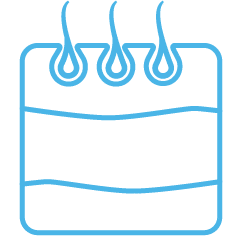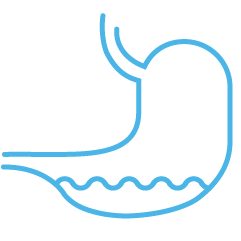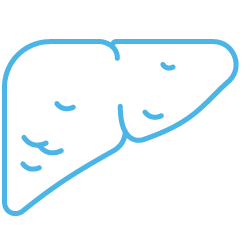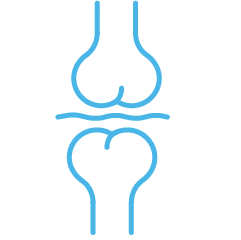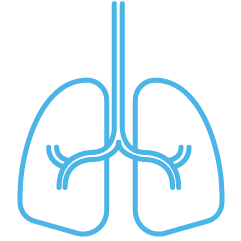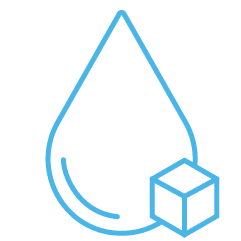CLINICAL
TRIAL
PROCESS
Your participation could lead to the next medical breakthrough.
What to Expect During Our Clinical Trials
Clinical trials help determine if medicines, medical devices, vaccines, and tests are safe and effective. Every doctor-prescribed medical treatment on the market today has undergone clinical trials, demonstrating the safety and efficacy of the treatment, device, or drug to the FDA.
While there’s a lot that can happen during clinical research studies, including the next medical breakthrough leading to millions of lives being saved, at Wake Research, we employ a standardized process to help ensure consistency and uniformity for all trial participants

What is a
Clinical Trial?
Clinical trials are research studies carefully conducted to evaluate the safety and effectiveness of potential new medical treatments, devices, drugs, or interventions. Clinical research trials are essential for advancing medical knowledge and improving patient care.
Our clinical trials utilize specifically-designed protocols to create a uniform experience for our trial participants, ensuring that the methodology employed, even if the trials are conducted in various locations, remains consistent to maintain the integrity of the clinical research.
Between Study Visits
Your coordinator and physician are always available to take your calls or see you between study visits if needed. Please feel free to reach out to either resource if you have questions or are experiencing any side effects. In most cases, you can be seen in the office within one business day.
Why Participate in
a Clinical Trial?
- No cost physical exams and testing related to your condition
- Access to world-class medical professionals
- Condition-specific monitoring
- Access to investigational medications currently unavailable to the public
- May receive compensation for time and travel

Currently Enrolling Studies
We’re looking for qualified participants
Clinical research trials are essential for advancing medical knowledge and improving patient care.
Depending on its stage, they could be small pilot studies or repeat studies. Visit our clinics →
Select an indication below to start

Clinical Trials are Important for Our Community
Clinical trials are research studies carefully conducted to evaluate the safety and effectiveness of new investigational medical treatments, devices, drugs, or interventions. Clinical research trials are essential for advancing medical knowledge and improving patient care.
Our clinical trials utilize specifically-designed protocols to create a uniform experience for our trial participants, ensuring that the methodology employed, even if the trials are conducted in various locations, remains consistent to maintain the integrity of the clinical research.
Do you know anyone who would be a good applicant for our studies?




